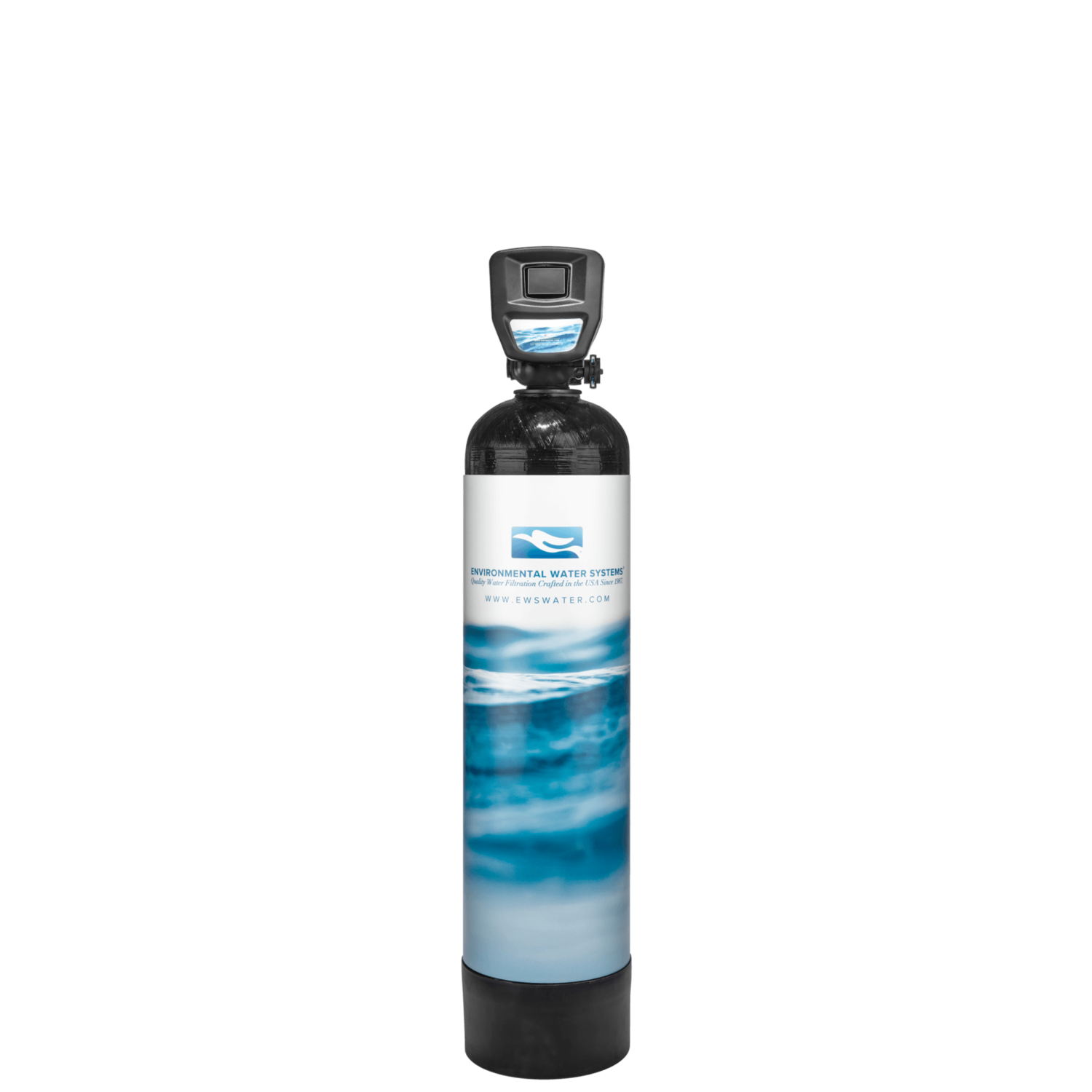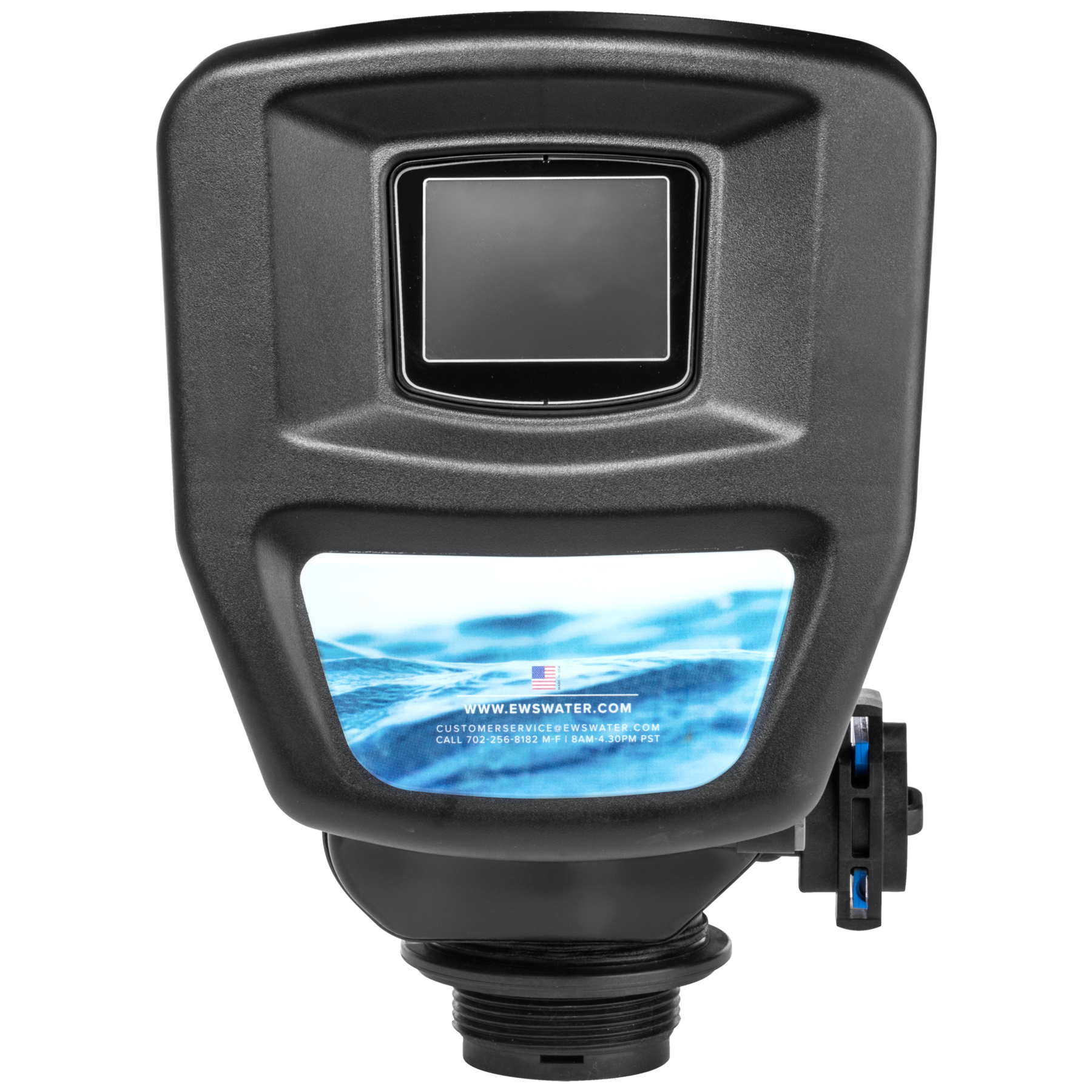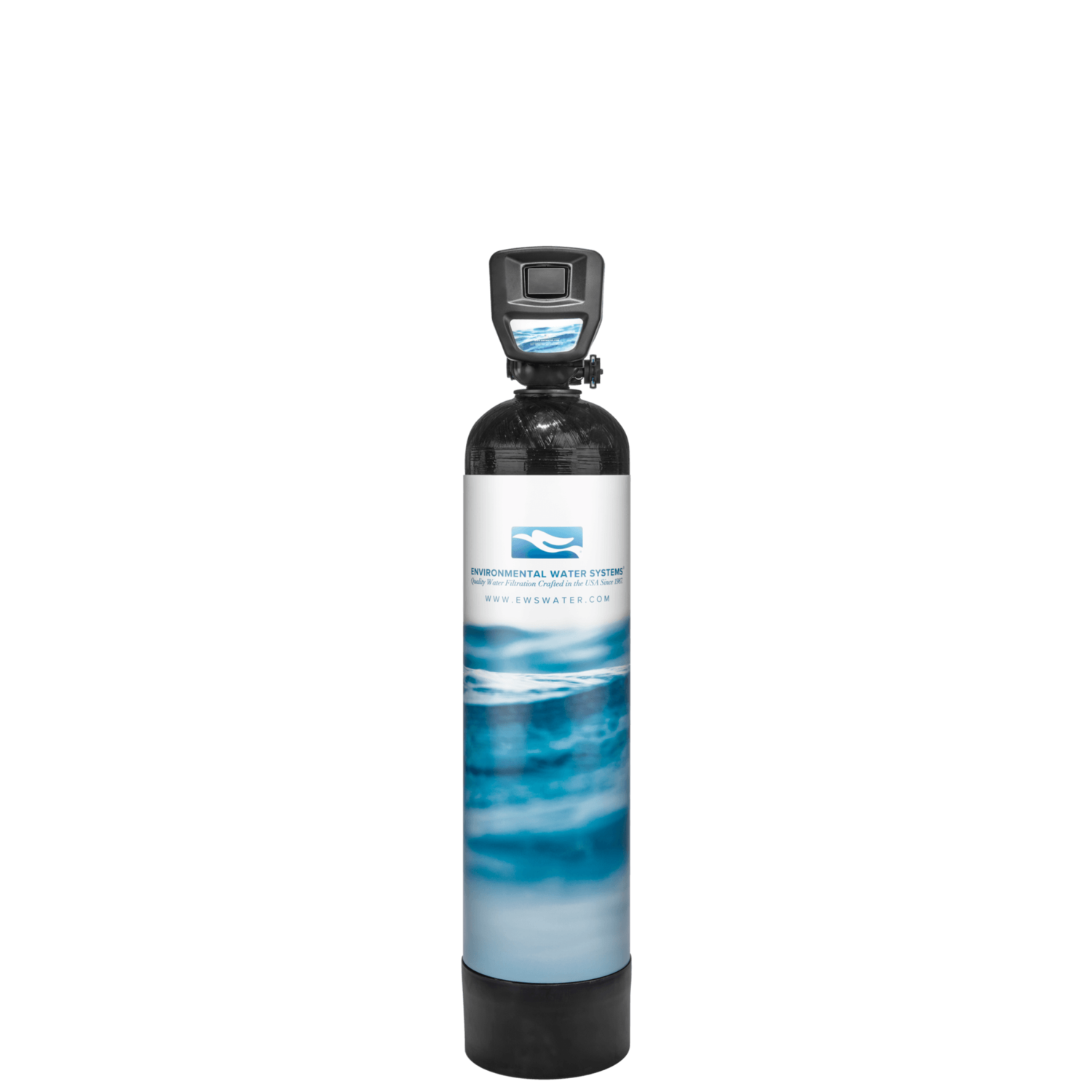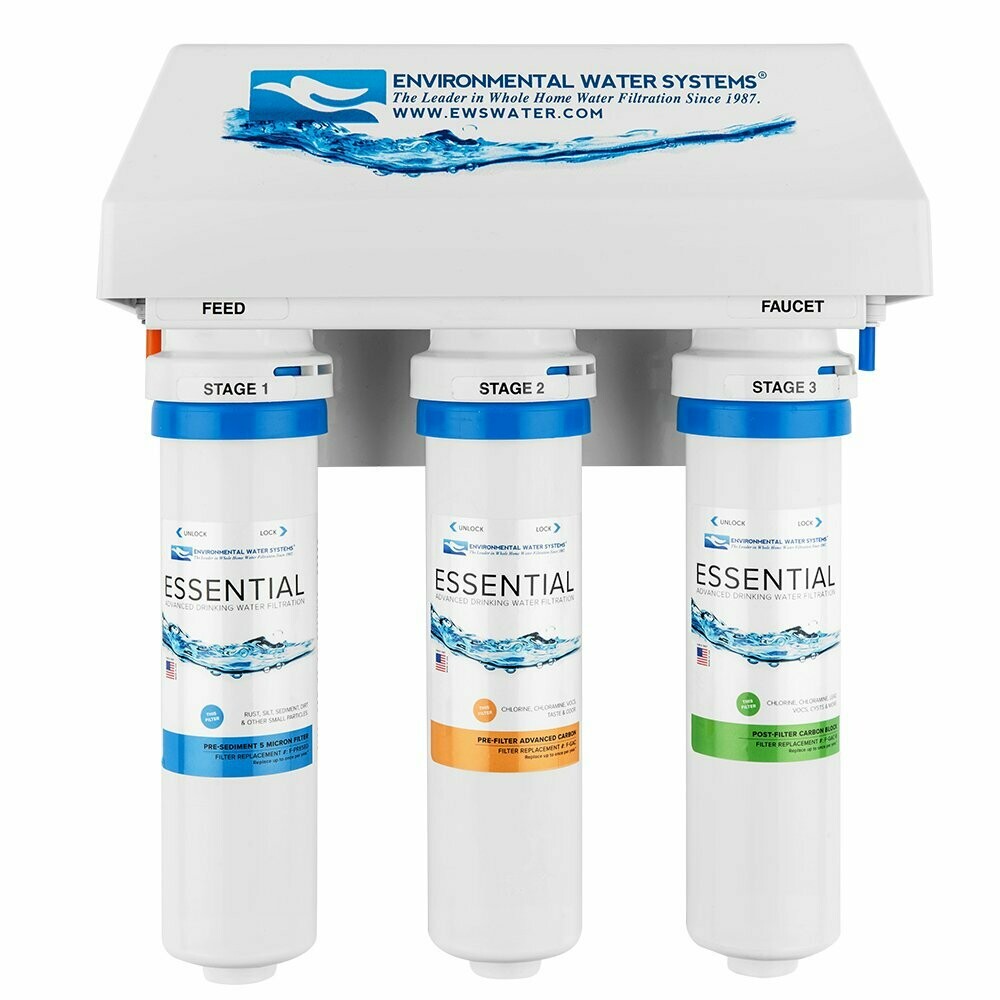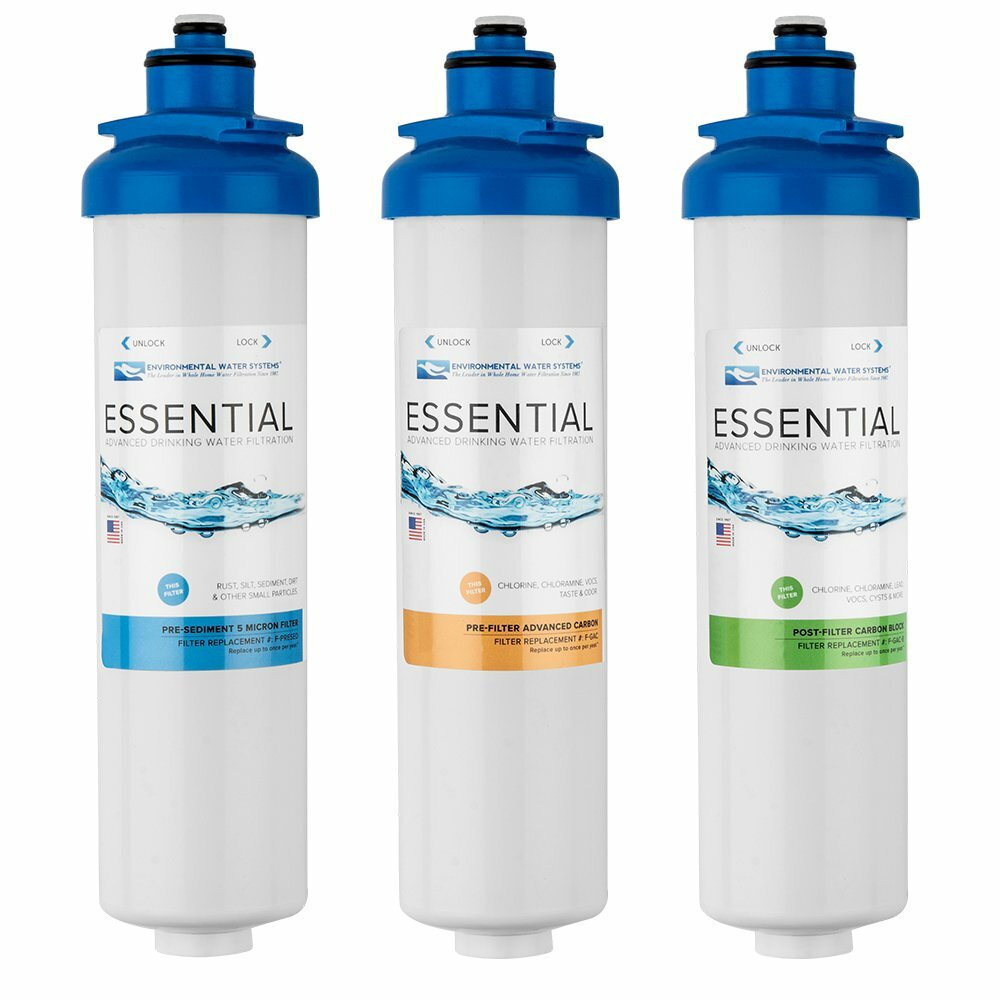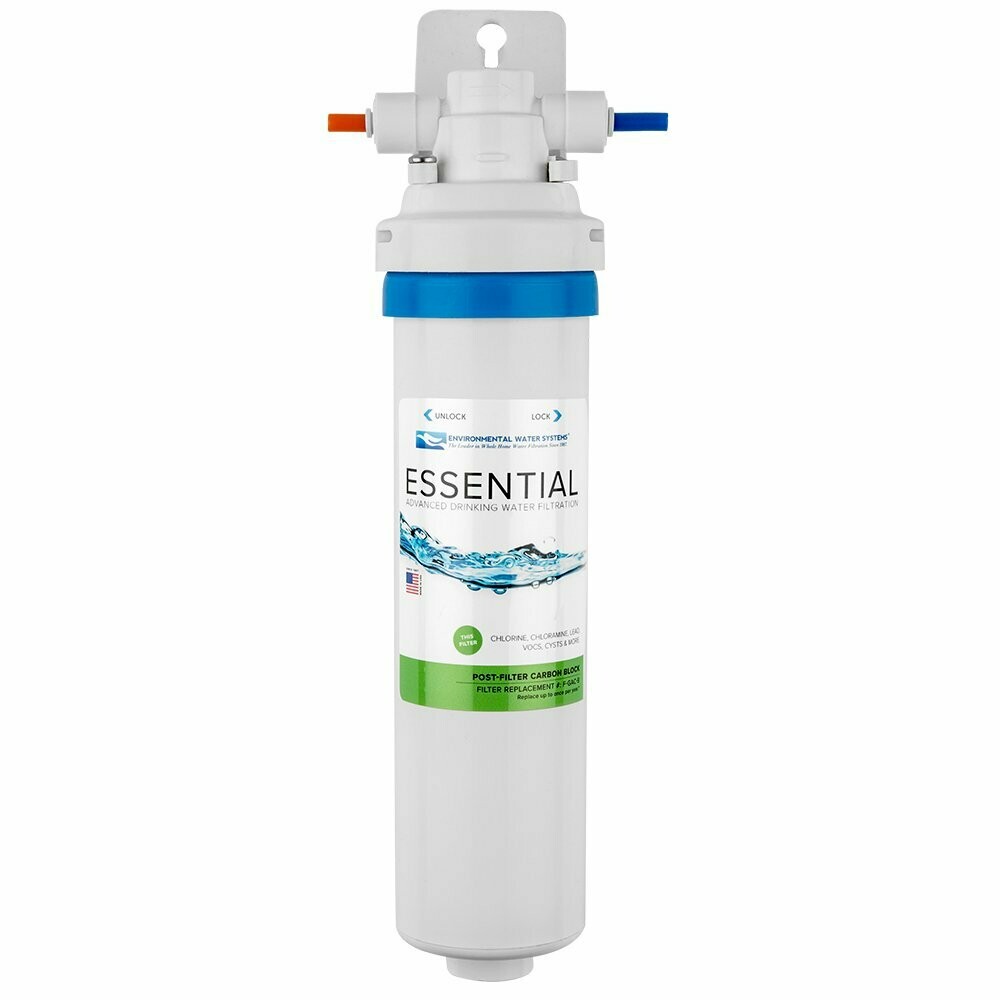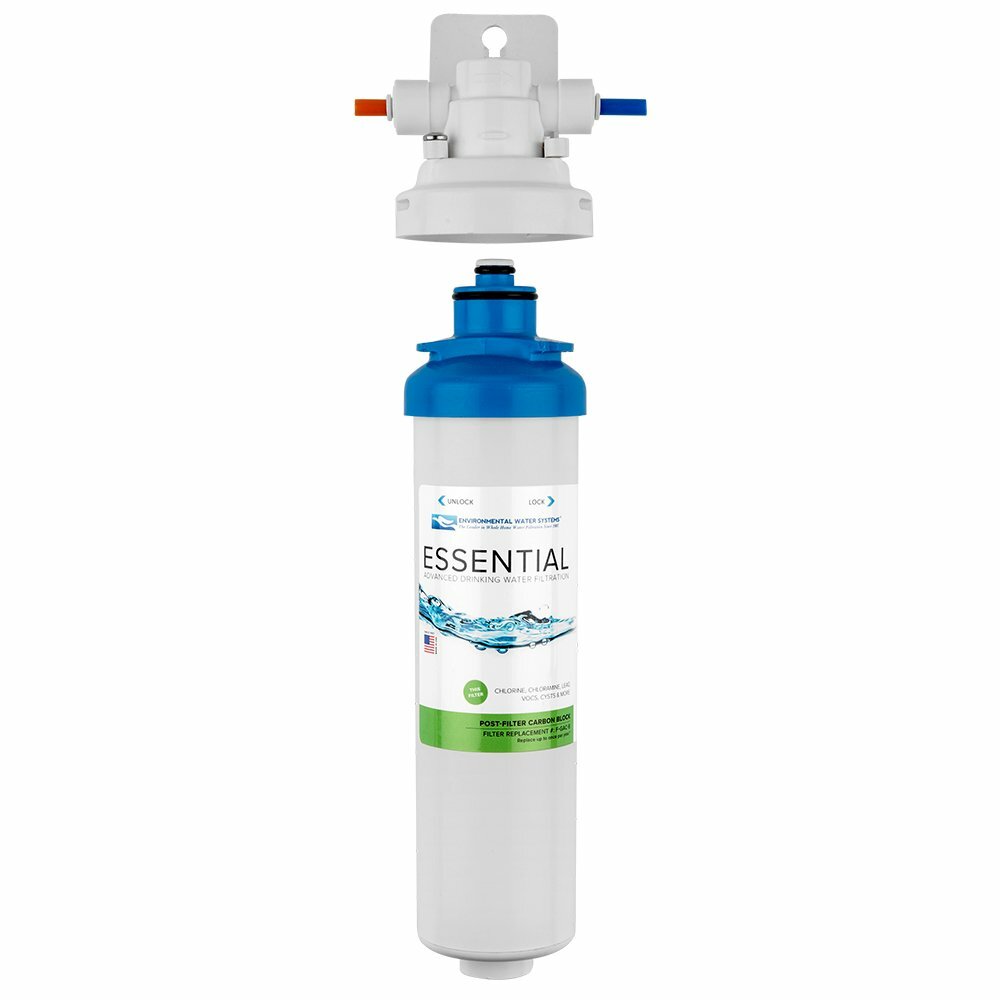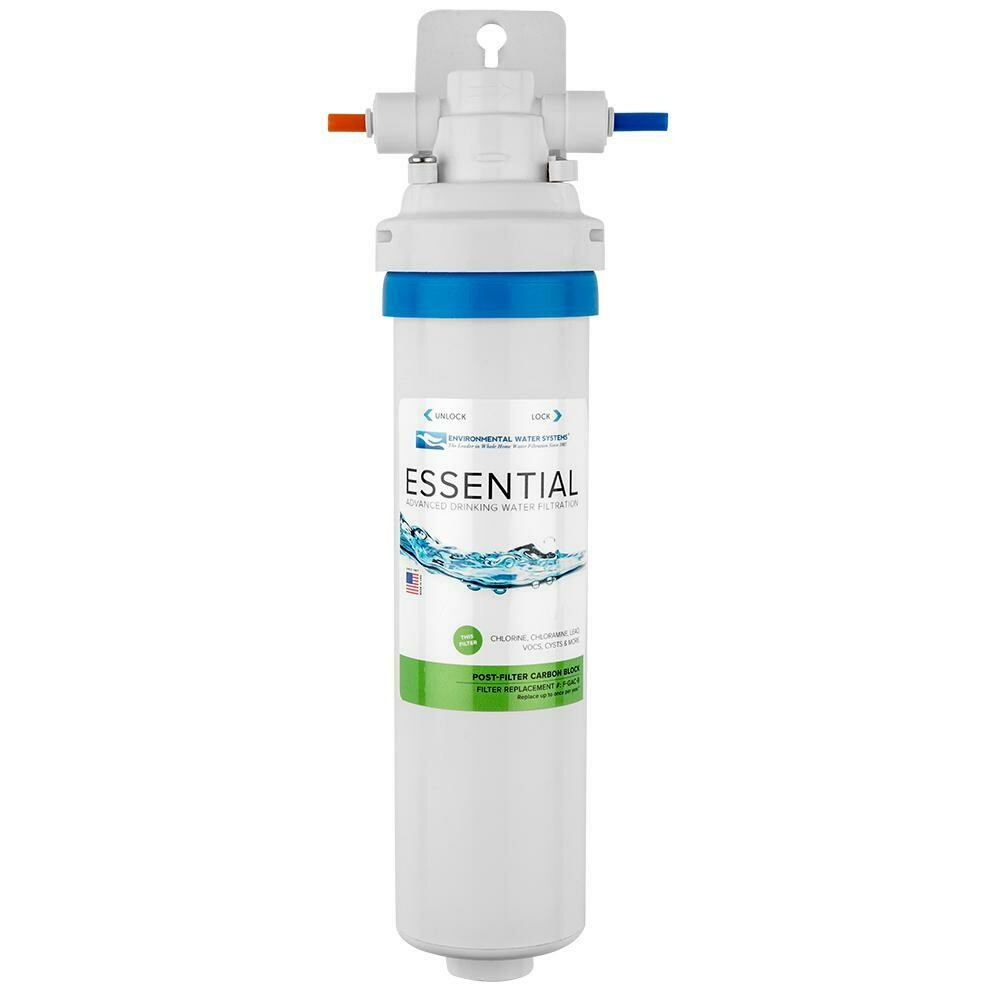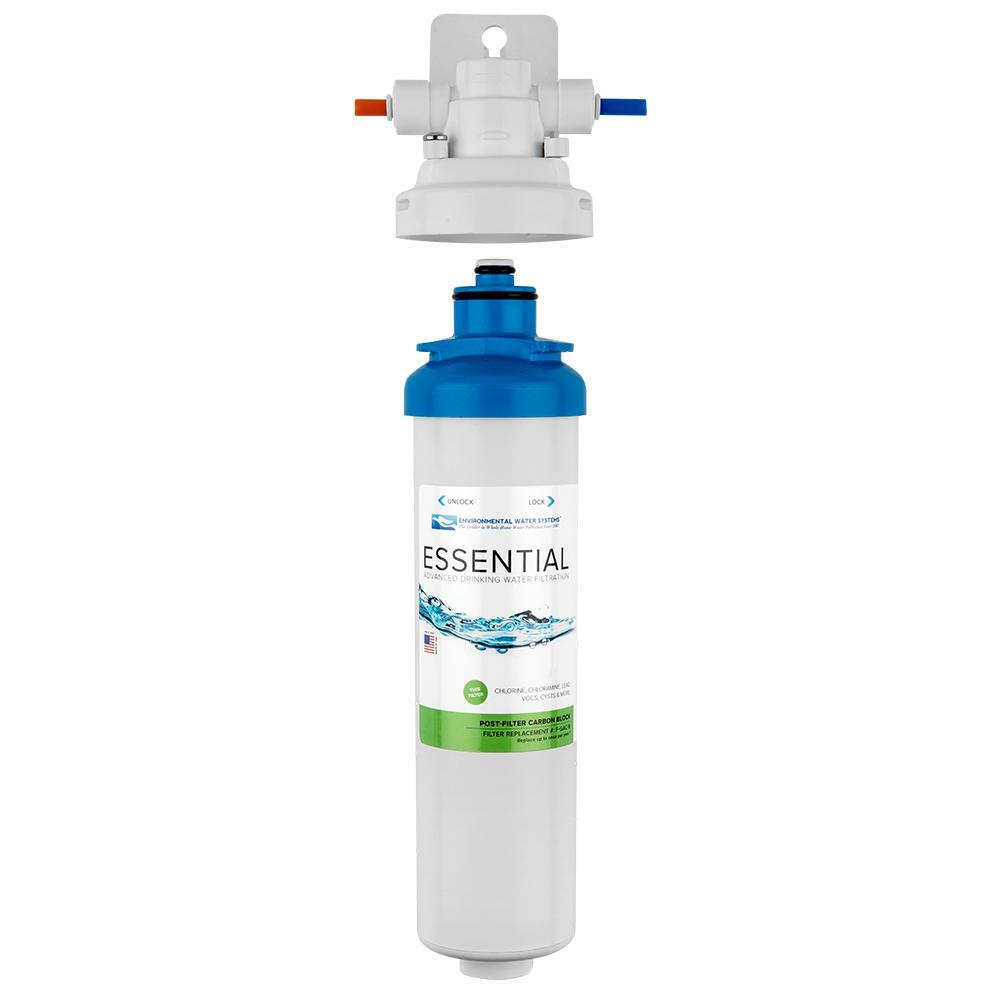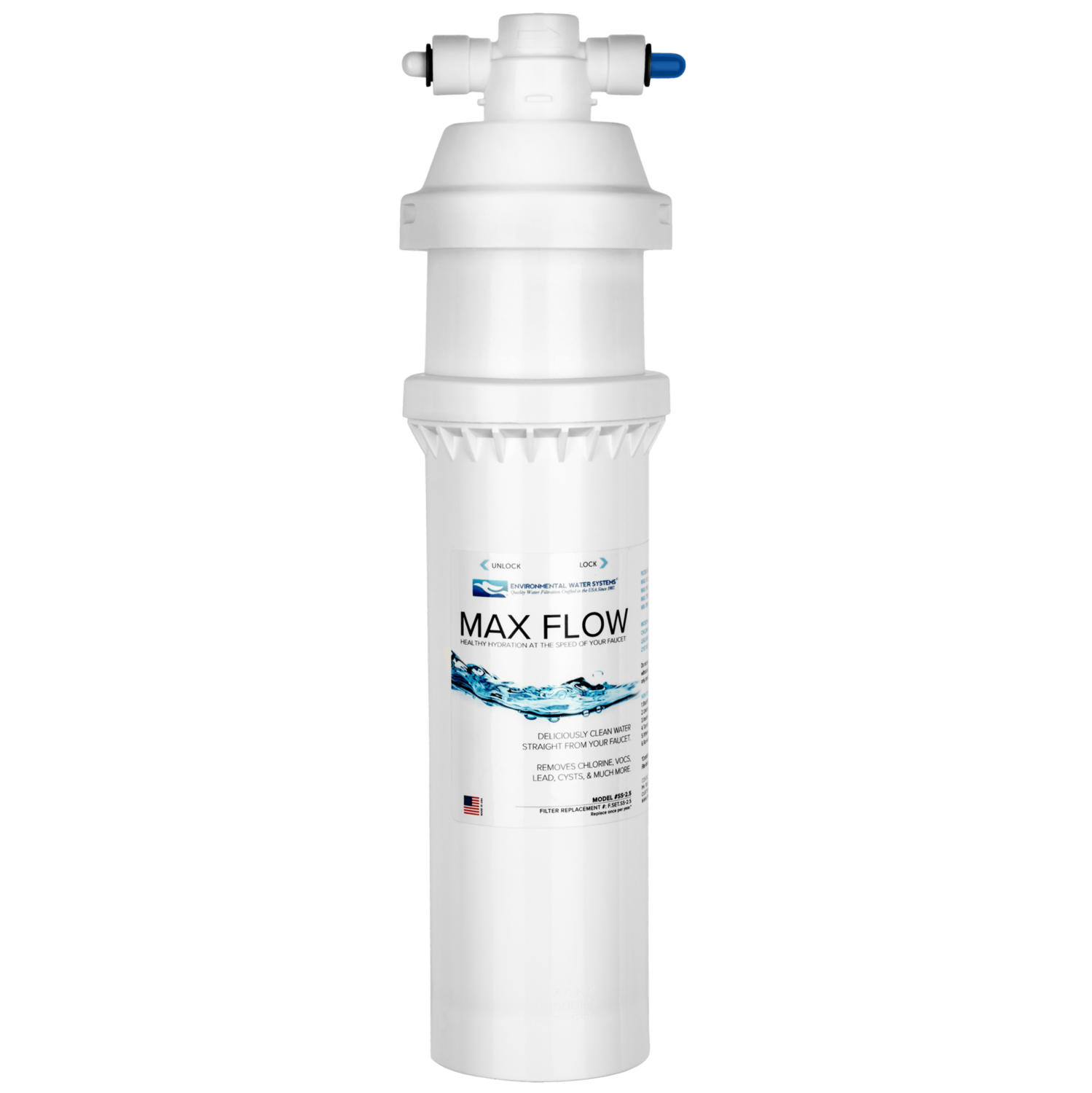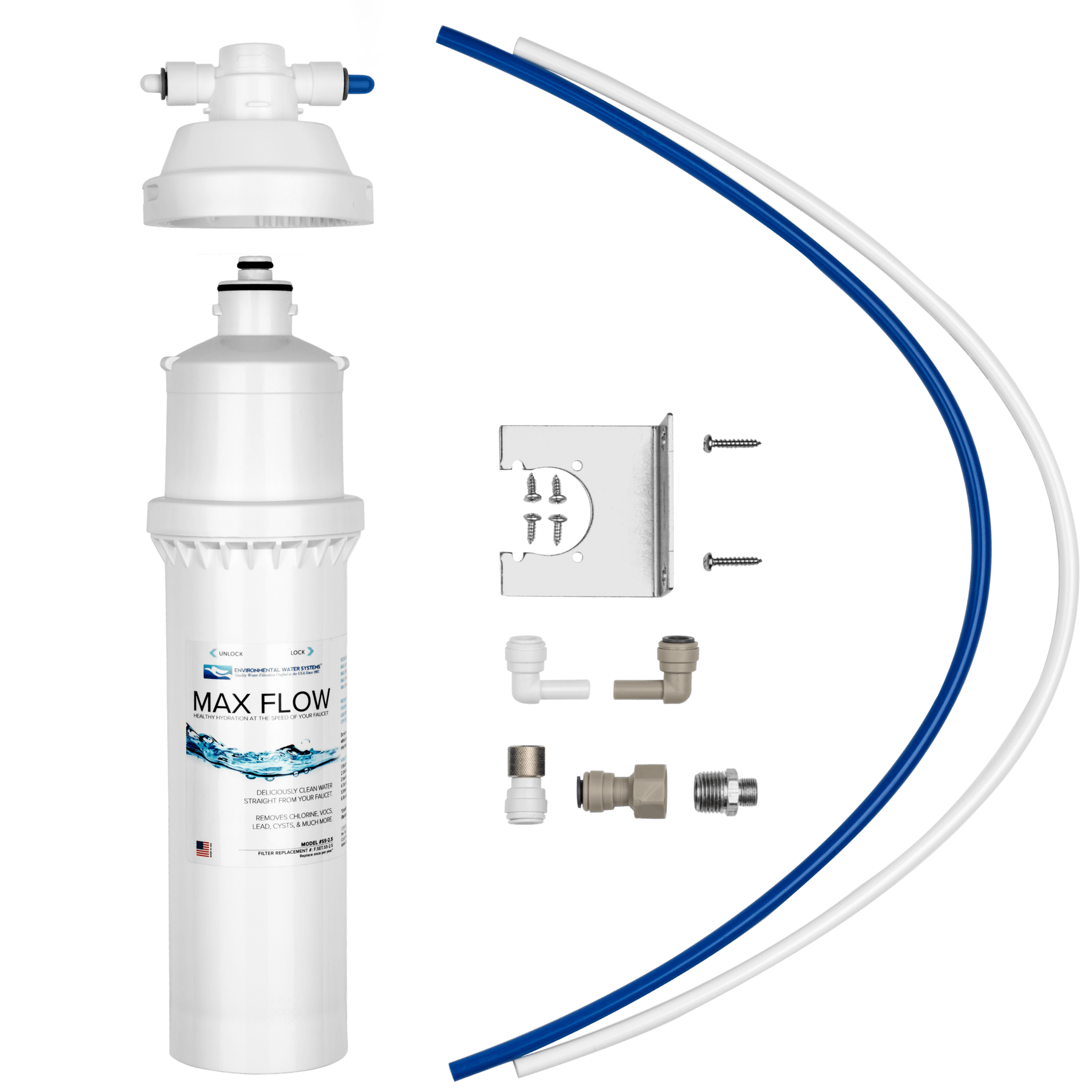The Dangers Of Refrigerator Water Filters
Access to filtered, purified water in the home and at work is essential and holds many benefits. While refrigerators filters and water dispensers have built-in water technology, their level of effectiveness varies. When choosing a bottleless water dispenser, you are guaranteed the lowest levels of impurities. The risks associated to drinking water filtered by a refrigerator, include exposure to microorganisms such as chloramine and salmonella, which affect your health and the quality of water. The unfortunate truth is refrigerators are not as clean as they could be.
Refrigerator filters commonly use carbon filters, which remove compounds that affect taste and smell. The effectiveness of a refrigerator filter relies on the water being in contact with the carbon for extended periods of time. In a high-traffic environment such as a busy office or family home, this is likely not the case, opposed to a bottleless and countertop water dispenser. The refrigerator water filter is often out of sight. If we forget to replace or clean the water filters, they become clogged with bacteria that pose unseen risks.
Be aware of substandard carbon filters
Carbon filters, like Pur and Brita, are effective because the permeability of the material allows water to flow through while the carbon takes out all the impurities; including pesticides or petrochemicals. The risk is, lower-quality filters will not catch as many contaminants, while the manufacturing process can also introduce impurities directly into the filters.
Your refrigerator could be contaminated
An upward of 19 million Americans fall ill each year due to waterborne bacteria, which needs fungus and moisture to survive – two elements that are present in your refrigerator. Contaminated foods and inadequate refrigeration is a cause of foodborne illnesses, such as the recent listeria outbreaks.
Drink contaminant free water with our under the counter and whole home water filtration systems


